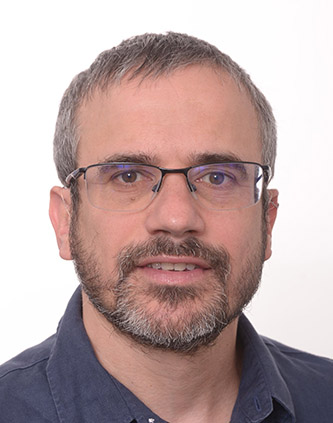
In my laboratory, we investigate the critical role of peroxisomes and mitochondria in maintaining proper cellular function and the impact of their dysfunction in disease development. Our research focuses on understanding stress factors, organelle communication, and how defects in peroxisomes and mitochondria contribute to aging, neurodegenerative diseases, mitochondrial disorders, and peroxisomal biogenesis disorders.
Using innovative models in the nematode C. elegans and mammalian cell cultures, we integrate genetics, biochemistry, molecular techniques, and advanced microscopy to uncover the relationship between organelle dysfunction and decline in cellular and systemic function. Additionally, we develop novel approaches for organelle repair and improvement of cellular health, aiming to offer new therapeutic directions for various diseases.
Our research seeks to reveal fundamental principles in inter-organelle communication and intracellular quality maintenance, with the goal of understanding how organelle function affects the health of cells and the entire organism. We strive to translate our scientific insights into innovative strategies for the diagnosis and treatment of diseases stemming from organelle dysfunction.
Figure legend: Fluorescently labeled mitochondria in the muscles of C. elegans

